Christian Medical College Vellore Biomedical Informatics Unit (BMIU)
Workshop on
Health Data Standards and Security
In partnership with Centre for Development of Advanced Computing, India (C-DAC) Pune and Data Security Council of India (DSCI)
Oct 3rd & Oct 4th 2023
About Workshop

An Electronic Health Record (EHR) comprises of diverse medical records created during various clinical encounters. The objectives of compiling these records are multifaceted, including enhancing evidence-based care, expediting precise diagnoses for improved, cost effective treatment, eliminating redundant tests, enabling robust analytics like predictive modelling for personalized care, and supporting informed health policy decisions based on deeper insights.
With improving access to healthcare, the average lifespan is increasing Standards are essential to compile a lifelong medical record because records from various sources may span approximately 80 years and
need meaningful integration. To achieve this, predefined standards for capturing, storing, retrieving, exchanging, and analyzing information are crucial. These standards encompass images, clinical codes, and data. To enable computer systems to interpret data across different health record systems, adhering to common terminology and coding standards is necessary to convey clear data meaning during capture, storage, transmission, and analysis. Furthermore, having these terminologies and codes in a computer-processable format is vital for automation, ensuring data always remains
analyzable.
Any health record system also requires safeguards to ensure that the data is available when needed and that the information is not used, disclosed, accessed, altered, or deleted inappropriately while being stored or retrieved or transmitted. The Security Standards and Privacy Standards establish appropriate controls and protections. To know about Speakers
Workshop Schedule
registration fees
Student
- Come and join us to learn more about Data Standards and Security
Faculty/Staff
- Come and join us to learn more about Data Standards and Security
IT Professional
- Come and join us to learn more about Data Standards and Security
Speakers List

